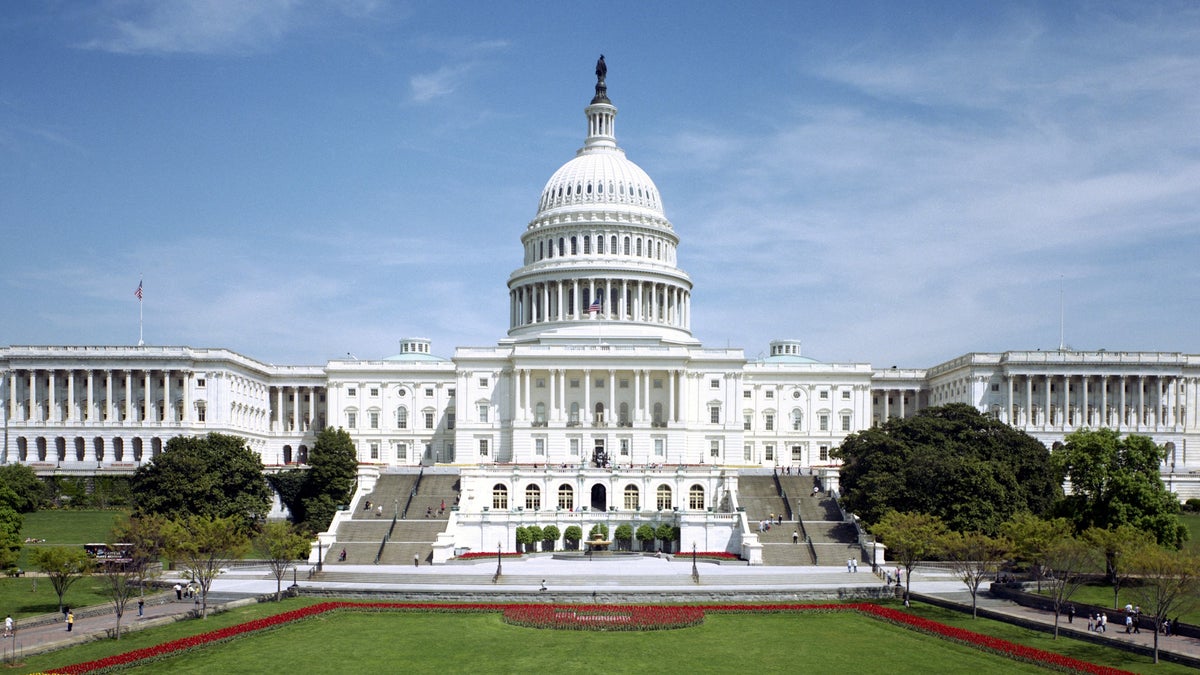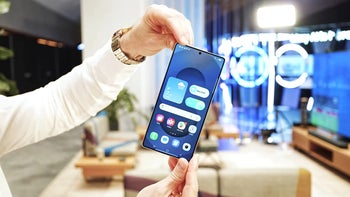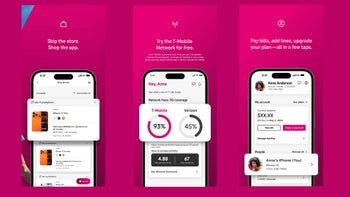The US President bans the use of some Huawei and ZTE products within the government

Huawei and ZTE have been the center of government attention for a while now. ZTE was almost banned entirely from the States, while Huawei faced pressure when it tried to enter the US smartphone market. Officials fear that using hardware from the Chinese companies can be a security threat and a bill to limit their presence in government institutions was in the works for several months. That bill was signed by President Trump today and it starts the two-year period over which the needed changes must be made in compliance with the new rules.
The bill will affect not only Huawei and ZTE, but a number of other Chinese manufacturers in the field of communications as well and is also valid for contractors and other outside entities that will work with the government. This means that the commercial impact for the companies will be significant, considering that there are thousands of contractors working for the US government at any given moment.
In case you think this means that some people will just have to switch phones, we have to remind you that Huawei is one of the largest manufacturers of enterprise networking equipment. It supplies a large number of routers, switches and other essential networking hardware.
The bill allows the use of equipment from the targeted companies when there is no way it could be used to potentially transmit data to third parties, meaning hardware that is not connected to the internet in any way, can still be supplied by Huawei and the rest.
Unsurprisingly, Huawei disagrees with the measures against them and their competitors and argues that the US government didn’t provide proof of misconduct on their behalf that would justify the ban.
It’s unclear yet if Huawei and company will try to appeal the law, but we’re sure some of their competitors are looking forward to increased sales over the next couple of years.
source: US Congress via The Verge
The bill allows the use of equipment from the targeted companies when there is no way it could be used to potentially transmit data to third parties, meaning hardware that is not connected to the internet in any way, can still be supplied by Huawei and the rest.
It’s unclear yet if Huawei and company will try to appeal the law, but we’re sure some of their competitors are looking forward to increased sales over the next couple of years.
source: US Congress via The Verge
Follow us on Google News











Things that are NOT allowed:
To help keep our community safe and free from spam, we apply temporary limits to newly created accounts: